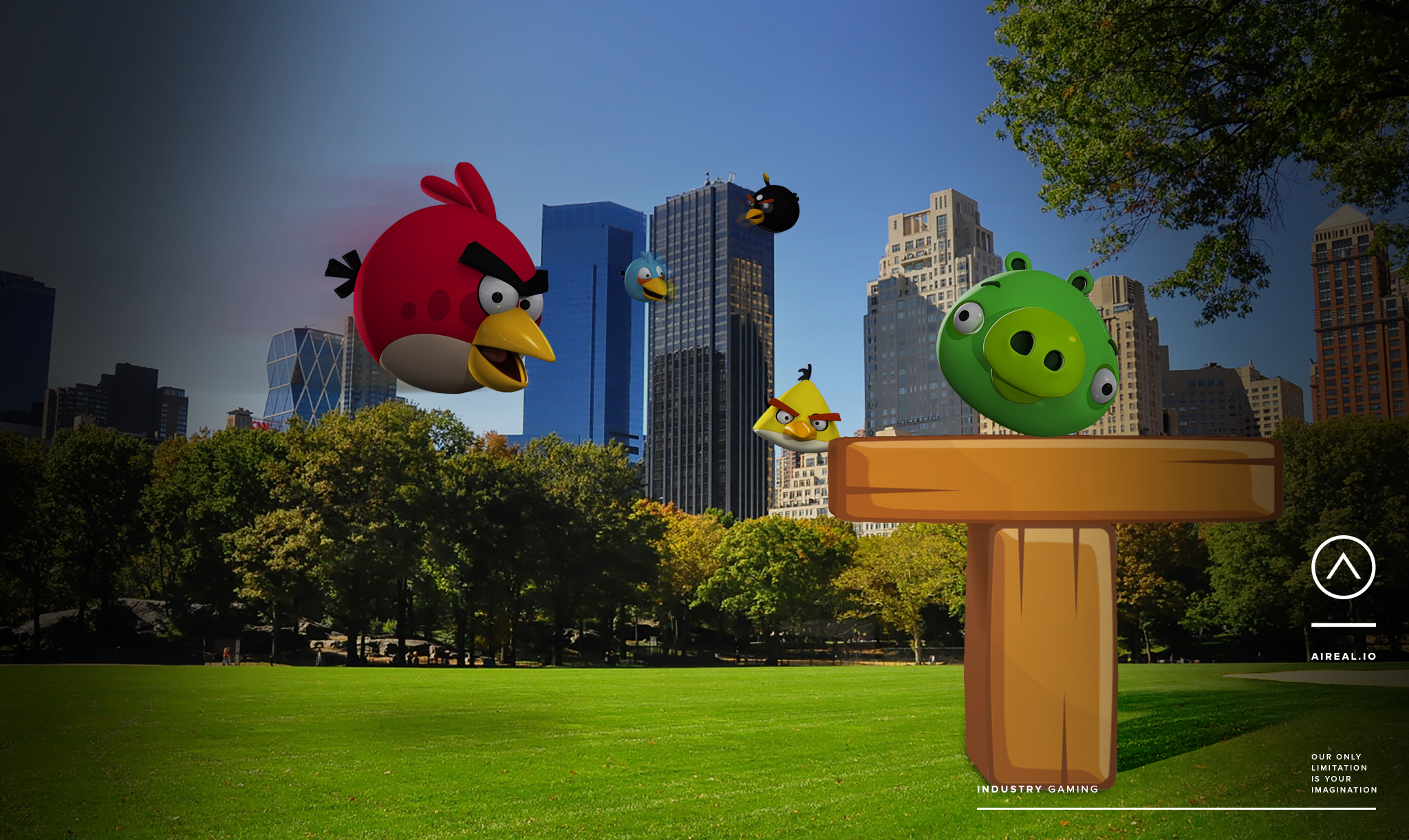Imagine walking through a park and suddenly stumbling across a human-scale game of Angry Birds right in front of you. Or going into a sporting goods store and seeing a couple of NFL players running a play near a display of their jerseys.
To a company called Aireal, you shouldn’t have to imagine it — you should experience it.

Unlock premium content and VIP community perks with GB M A X! Join now to enjoy our free and premium perks.
Join now →
Sign in to your account.

